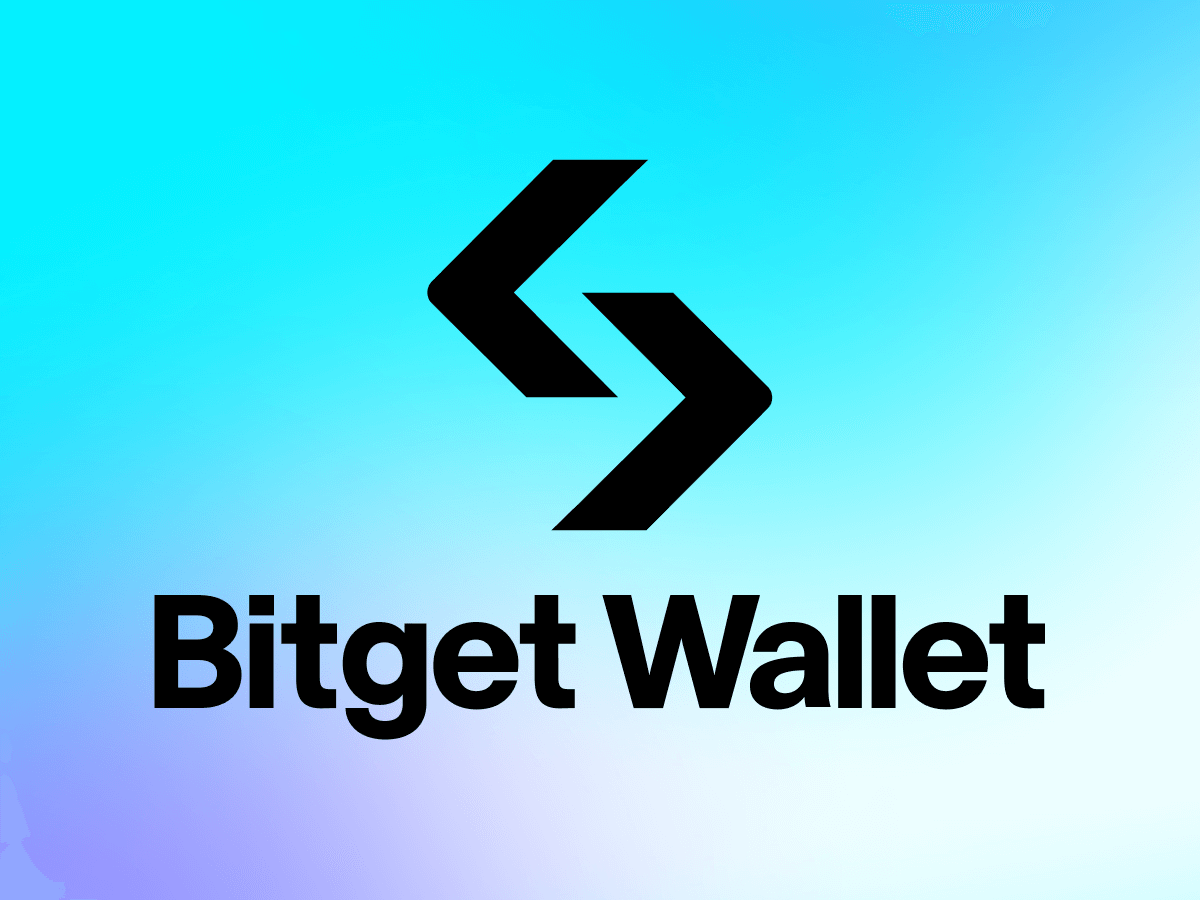So, I was thinking about my crypto setup the other day. Seriously, managing multiple chains across different DeFi platforms is a headache. And don’t get me started on security. Hardware wallets feel like the gold standard, right? But integrating them seamlessly with browser extensions for trading? That’s a whole different animal. Wow! The landscape is shifting fast, and if you’re not paying attention, you might miss out on how these tools can totally transform your DeFi game.
At first glance, browser extensions seem like just another convenience. But when you couple them with hardware wallet support, you get this powerful combo that’s both secure and user-friendly. Something felt off about my previous setups—constantly juggling between cold storage and hot wallets, losing precious seconds on trades, all while worrying about phishing scams. My instinct said there had to be a better way. Actually, wait—let me rephrase that: There is a better way, but it’s not just about the tech; it’s about how it fits into your workflow.
Now, here’s the thing. Hardware wallets are great for keeping your private keys locked tight offline. But without smooth integration into your browser, you still have to manually confirm every transaction, which can be cumbersome—especially in fast-moving markets. On one hand, this manual step adds security; though actually, it can also slow you down when you want to capitalize on a fleeting DeFi arbitrage opportunity. So, the question becomes: How do you strike the right balance between security and speed?
That’s where browser extensions that support hardware wallets come into play. These extensions act as a bridge, letting you interact with DeFi apps directly while your keys stay safely on the hardware device. It’s kinda like having your cake and eating it too. And it’s not just theory—I’ve tested setups that use this approach, and the difference is night and day. The UX feels more natural, and the risk of exposing keys to the web is dramatically reduced.
Of course, the devil’s in the details. Not all extensions are created equal. Some lack proper multi-chain support or have clunky interfaces that kill the vibe. And that’s where I stumbled onto the bitget wallet. It’s a browser extension with native hardware wallet compatibility and robust multi-chain features. Check this out—

Using the bitget wallet felt like a breath of fresh air. It supports Ethereum, BSC, and other popular chains, all within a clean, intuitive interface. The hardware wallet integration means my keys never leave the device during trades, which is a huge relief. Honestly, I’m biased because I’ve been burned by sloppy wallet UX before, but this one ticks most of the boxes.
ESETTrading provides powerful tools that simplify complicated processes eset trading login
Here’s what bugs me about some wallets: they promise seamless trading but compromise on security by holding your keys online. That’s a dealbreaker for anyone serious about DeFi. With bitget wallet, transactions require your physical confirmation on the hardware device, so even if malware lurks in your browser, it’s powerless without your approval. Hmm… that’s a big trust booster.
One subtle but very important point is how these extensions handle permissions. I noticed that bitget wallet asks for minimal access, so you’re not handing over the keys to the kingdom. This principle of least privilege is often overlooked but makes a huge difference in limiting attack surfaces. The architecture is designed to keep your cryptos safe without sacrificing agility when trading across multiple decentralized exchanges.
But wait—there’s more. DeFi is evolving rapidly, and cross-chain swaps are becoming the norm rather than the exception. Managing assets across different blockchains can get messy. The beauty of an extension like bitget wallet is that it consolidates control while respecting the autonomy of each chain’s security protocols. So, you don’t have to hop from one app to another. This consolidation enhances your decision-making speed and reduces mental overhead during volatile market moves.
Of course, no solution is perfect. Sometimes, hardware wallets introduce latency because every transaction needs manual signing. It’s a tradeoff. But in my view, the peace of mind outweighs the slight delay. Plus, with smart caching and pre-authorization features (which bitget wallet supports), you can streamline repeated interactions without compromising safety. This hybrid approach is where the future of DeFi trading lies.
Okay, so check this out—there’s also the human factor. I’ve seen users get tripped up by complicated onboarding processes or confusing UI design. An extension that supports hardware wallets but is a pain to use is just a fancy paperweight. Bitget wallet, from my experience, strikes a solid balance. It’s beginner-friendly enough without sacrificing deep features that pros need. That’s pretty rare in crypto tools.
And speaking of pros, the multi-chain DeFi crowd is notoriously demanding. They want granular control, fast execution, and ironclad security. The bitget wallet extension ticks those boxes by supporting multiple wallets and chains natively, plus integrating with popular DEXs. So, instead of bouncing between MetaMask, Ledger Live, and other tools, you get a unified dashboard that doesn’t skimp on security.
One last thought—crypto is all about trustlessness, but ironically, trusting the tools you use is still essential. I’m not 100% sure how bitget wallet will hold up years down the line, but right now, it’s one of the few extensions that genuinely respects the hardware wallet ethos while embracing the convenience of the browser ecosystem. For anyone juggling DeFi trades across multiple chains, it’s definitely worth a spin.
So, if you’re tired of the usual tradeoff between security and speed, give this combo a look. Connecting your hardware wallet through a slick browser extension like bitget wallet might just be the upgrade your DeFi toolkit needs. It’s not perfect, but it’s a step closer to trading confidently without constantly looking over your shoulder.